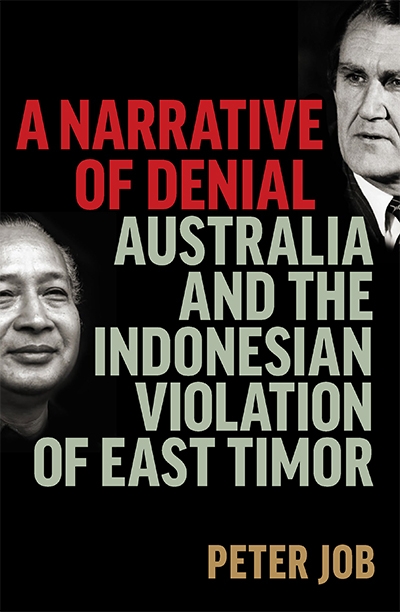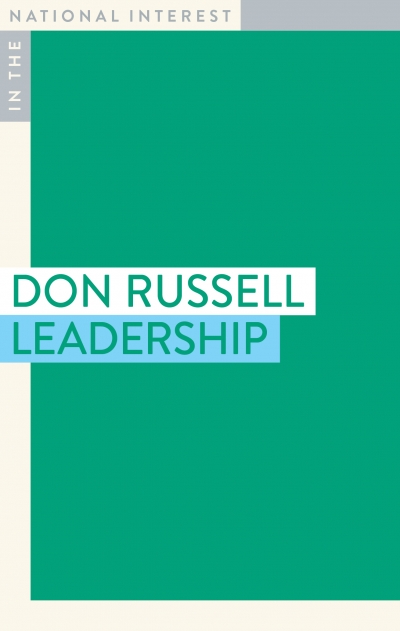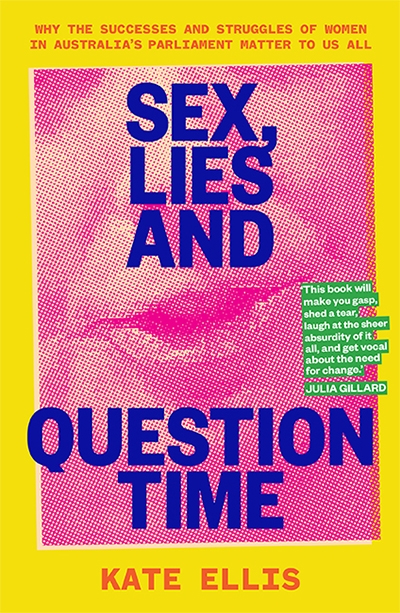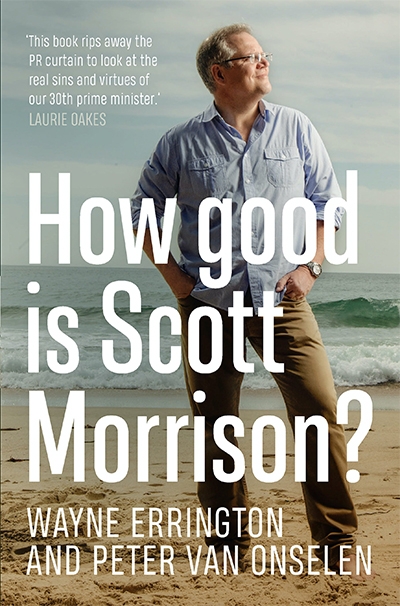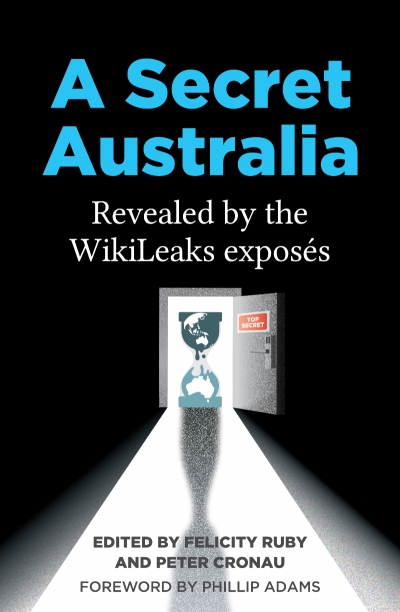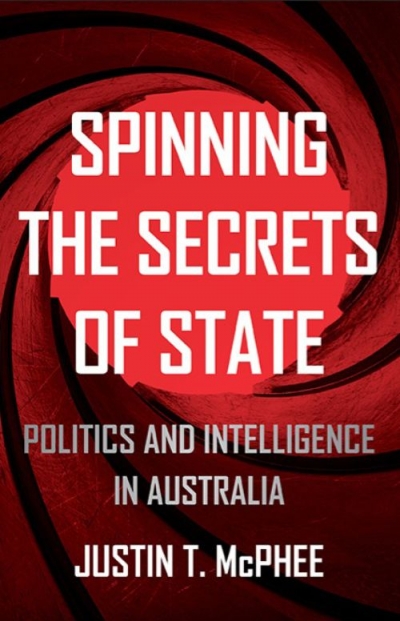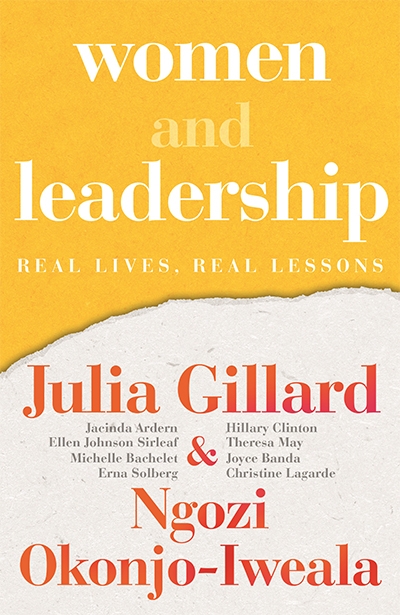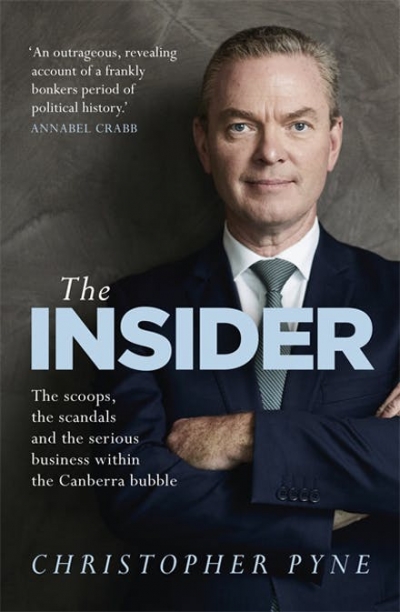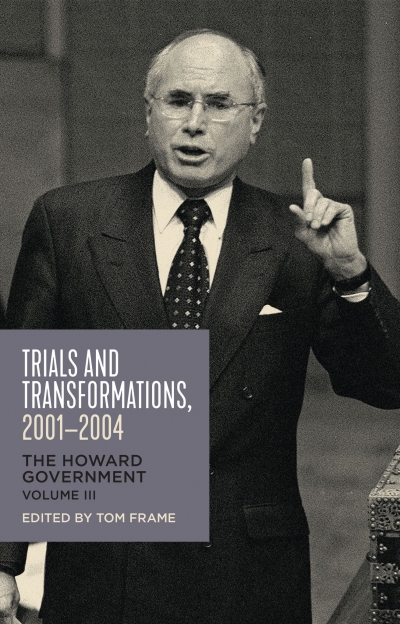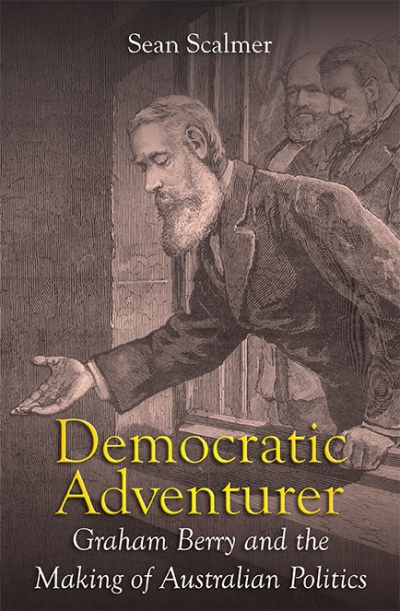Australian Politics
A Narrative of Denial: Australia and the Indonesian violation of East Timor by Peter Job
by Ken Ward •
Leadership by Don Russell & A Decade of Drift by Martin Parkinson
by James Walter •
How Good Is Scott Morrison? by Wayne Errington and Peter van Onselen
by Paul D. Williams •
A Secret Australia: Revealed by the WikiLeaks exposés edited by Felicity Ruby and Peter Cronau
by Kieran Pender •
Spinning the Secrets of State: Politics and intelligence in Australia by Justin T. McPhee
by Peter Edwards •
Women and Leadership: Real lives, real lessons by Julia Gillard and Ngozi Okonjo-Iweala
by Megan Clement •
The Insider: The scoops, the scandals and the serious business within the Canberra bubble by Christopher Pyne
by James Walter •

